Article Contents
What is Destructive Distillation

Destructive Distillation
Destructive distillation is a chemical process that involves the controlled application of heat to organic materials in the absence of air. This alchemical method, rooted in historical traditions, has evolved into a transformative process with wide-ranging industrial applications. The fundamental principle of destructive distillation is to subject raw materials, such as coal, wood, or biomass, to high temperatures, causing them to undergo thermal decomposition. The absence of air prevents combustion, allowing for the breakdown of complex compounds within the material.
The primary products of destructive distillation include gases, liquids, and solid residues. Gases, known as syngas, comprise hydrogen, methane, and carbon monoxide and serve as valuable fuels. The liquids, including tar and oils, find applications in the chemical industry and agriculture. The solid residue, often termed coke or char, holds significance in metallurgical processes and as a soil amendment in agriculture, known as biochar.
Destructive Distillation Process
One notable application of destructive distillation is in the production of coke from coal. This carbon-rich residue acts as a crucial reducing agent and heat source in metallurgical processes for iron and steel production. Additionally, destructive distillation has implications in waste management, converting organic waste into valuable resources, and in the synthesis of various chemicals and pharmaceuticals.
While offering diverse advantages, including resource utilization and energy production, destructive distillation also raises environmental considerations. Efforts are ongoing to optimize processes, minimize emissions, and enhance sustainability. As a cornerstone in the synthesis of materials, chemicals, and energy, destructive distillation continues to play a pivotal role in the intersection of tradition and innovation in the chemical and industrial landscape.
Question and Answers
What is destructive distillation for Class 8?
For Class 8 students, destructive distillation is introduced as a chemical process where organic materials, such as wood or coal, are heated in the absence of air. This process leads to the breakdown of complex compounds within the material, resulting in the formation of various useful products like gases, liquids, and solid residues. It serves as an essential topic in basic chemistry education, showcasing the transformation of raw materials under the influence of heat.
What is destructive distillation and fractional distillation?
Destructive distillation and fractional distillation are distinct processes. Destructive distillation involves heating organic materials to break them down into simpler substances, while fractional distillation separates components in a mixture based on their boiling points. Destructive distillation is more focused on the breakdown of complex compounds, while fractional distillation is primarily a separation technique used for different components.
What is destructive distillation of coal?
Destructive distillation of coal is a crucial industrial process where coal is heated in the absence of air, leading to the release of gases, liquids, and solid residues. This process is integral for producing coke, which is essential in metallurgical processes, as well as generating other valuable by-products like coal tar and syngas.
What is destructive distillation of bitumen?
Destructive distillation of bitumen involves subjecting bituminous substances, such as asphalt or tar, to high temperatures in the absence of air. This process results in the production of gases, liquids, and solid residues with various industrial applications, particularly in the construction and road-paving industries, What is Destructive Distillation.
Why is destructive distillation?
Destructive distillation is employed for several reasons, primarily to break down complex organic materials into simpler and more valuable substances. The process is utilized to extract useful by-products such as gases, liquids, and solid residues from raw materials like coal, wood, or biomass. The resulting products have diverse applications in industries ranging from metallurgy and energy production to chemical synthesis and waste management, What is Destructive Distillation.
Why is destructive distillation called so?
The term “destructive distillation” is used because the process involves the decomposition or breakdown (destructive) of organic materials through the application of heat in the absence of air. Unlike traditional distillation methods, which typically involve the separation of components based on boiling points, destructive distillation focuses on breaking down complex compounds within the raw material. The name emphasizes the transformative nature of the process, where the original material is destructively altered to produce a range of valuable products.
destructive distillation example
difference between destructive distillation and fractional distillation





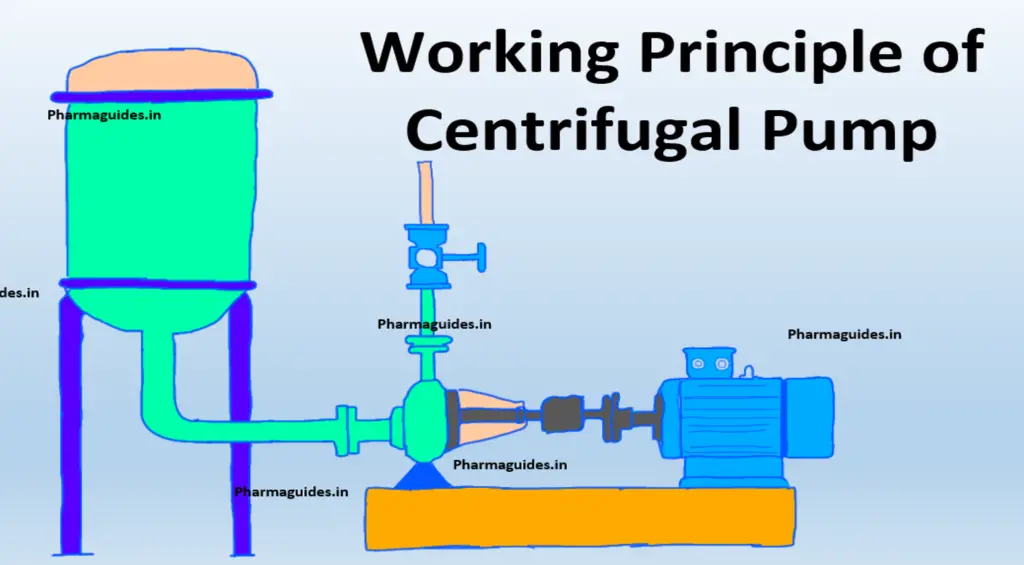
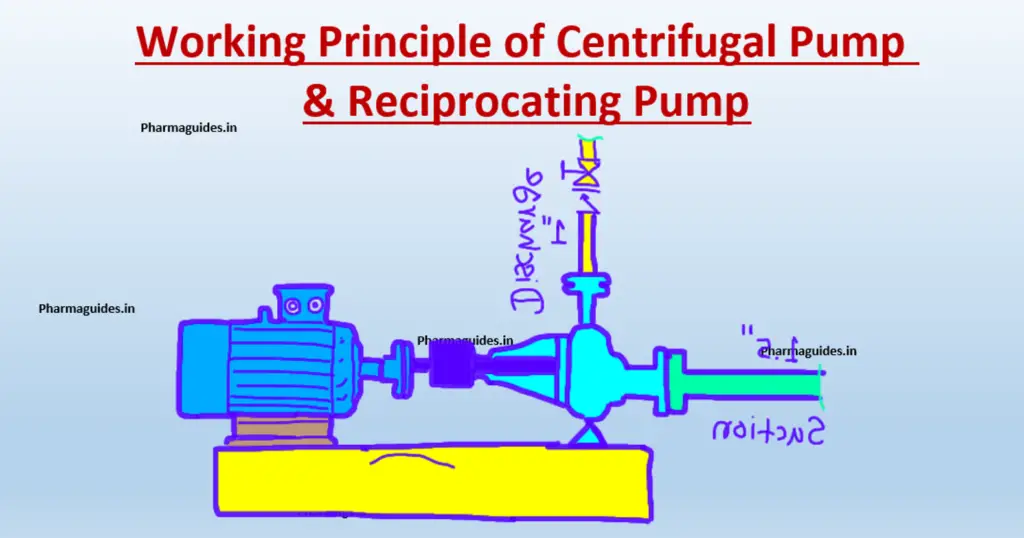
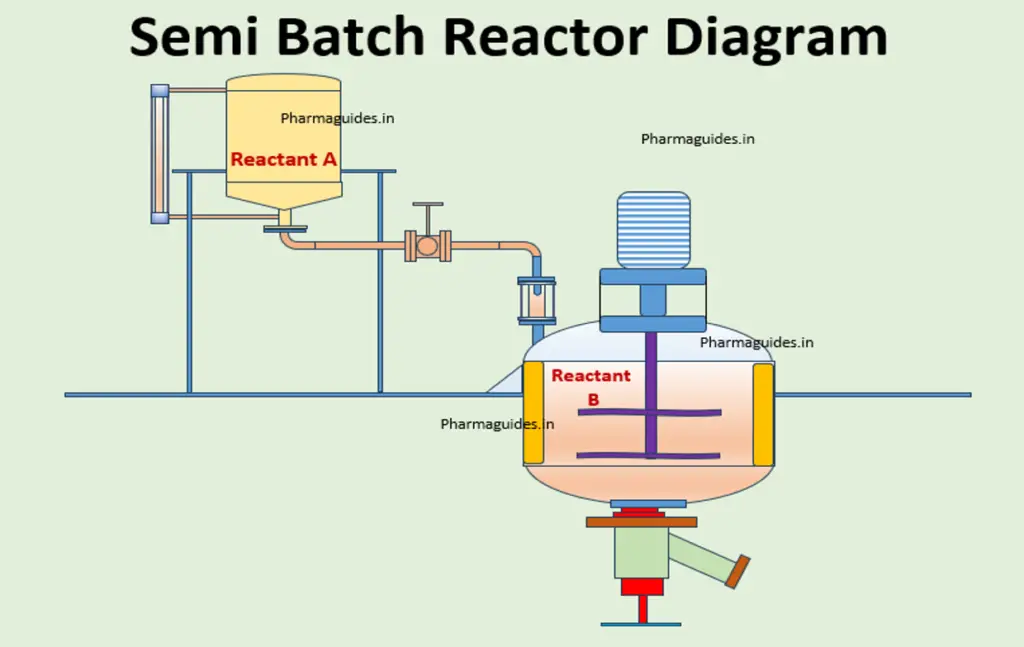
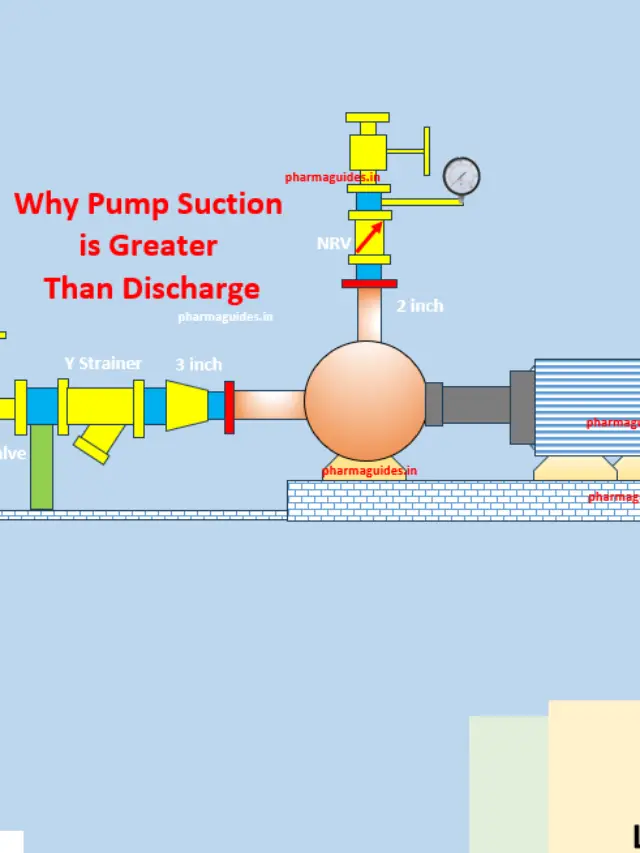
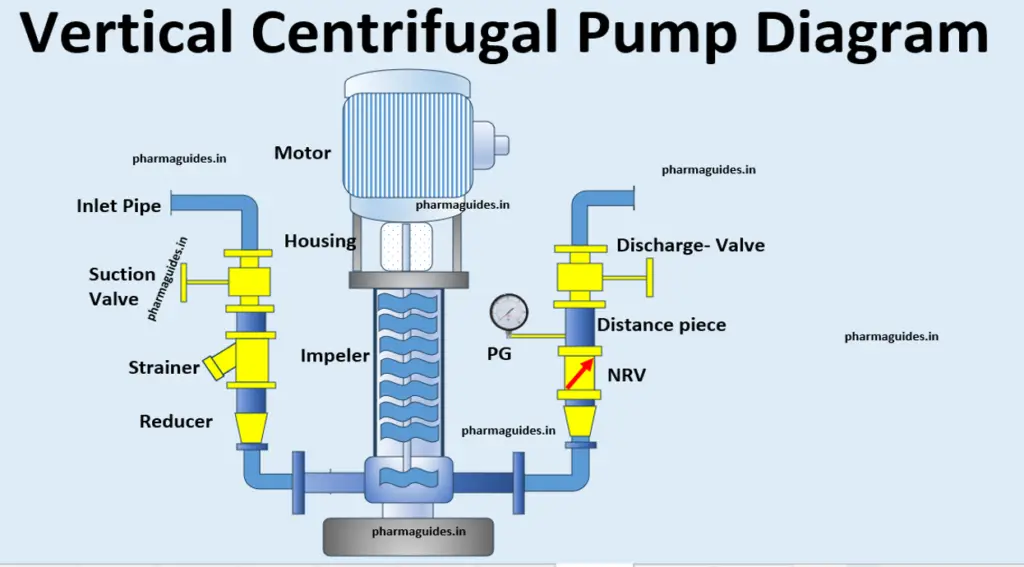
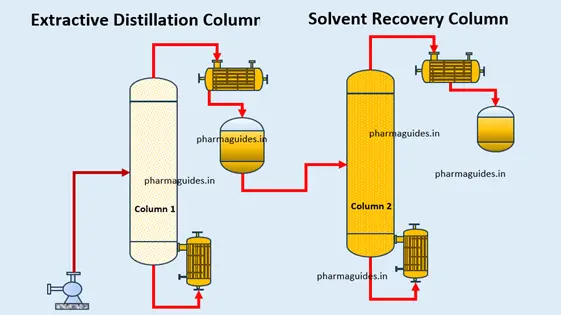
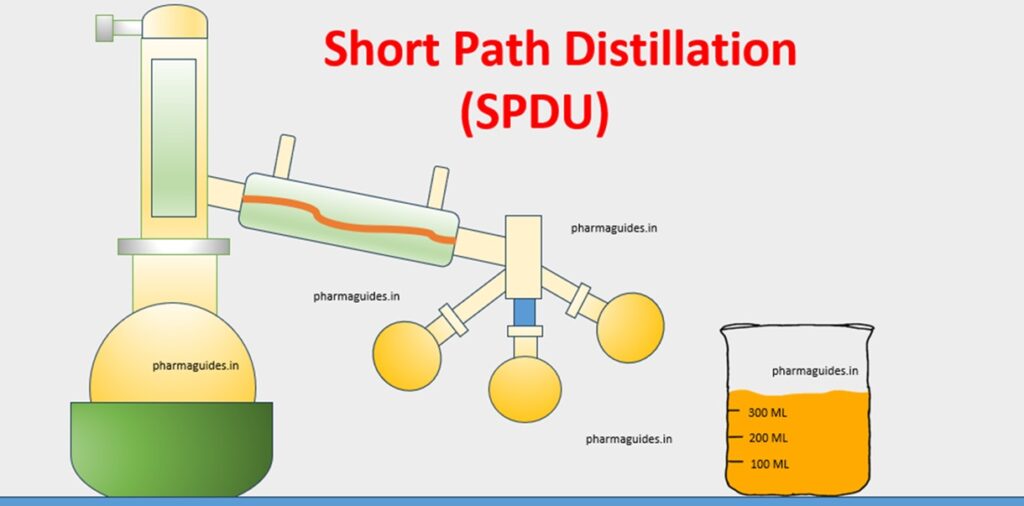
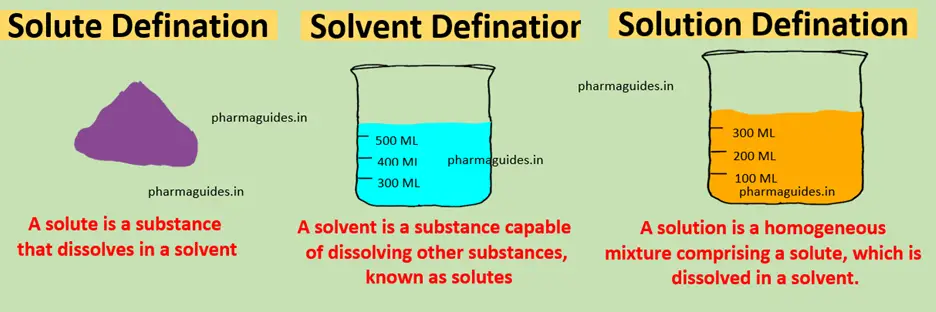
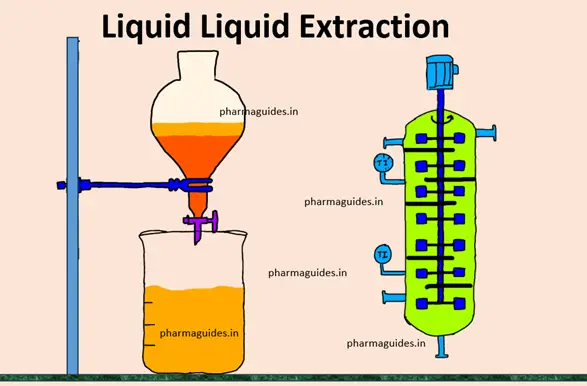
1 COMMENTS
Comments are closed.